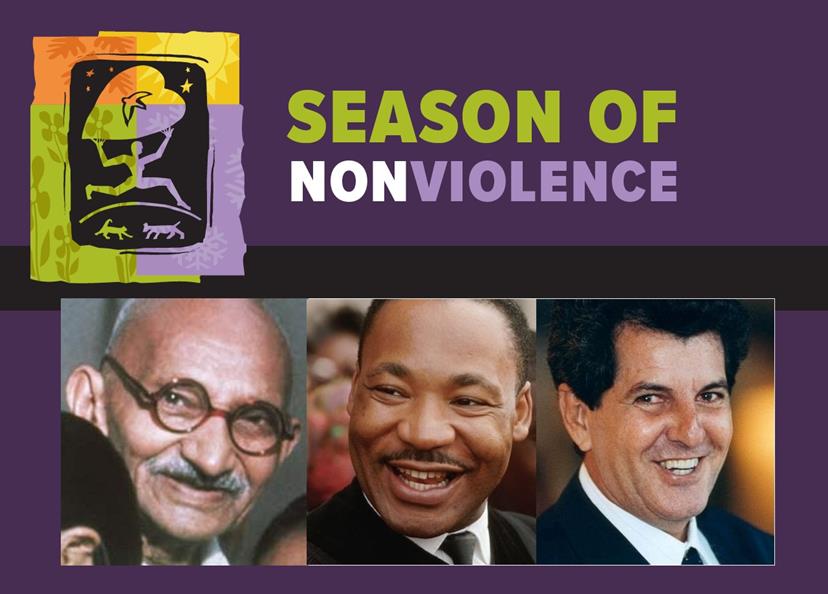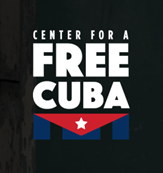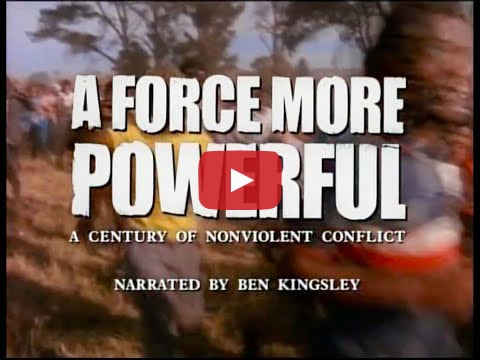To promote a nonviolent transition to a Cuba that respects human rights, political and economic freedoms, and the rule of law.

Mohandas Gandhi and his relevance for Cubans

There is a false dichotomy often expressed in the debate about bringing change to Cuba: either you prefer a violent bloody war that precipitates swift political change or you favor a slow and incremental transition launched top down by the dictatorship.
It is false because, since 1976, Cubans on the island have opted for a third option: nonviolent resistance from the bottom up through civil disobedience movements using the Universal Declaration of Human Rights (UDHR) as a guide.
The decision to embrace the UDHR is not haphazard, but one rooted deep in Cuba’s democratic history. It was Cuban diplomats in the 1940s who led the successful effort to draft and ratify this document at the United Nations.
Too many confuse pacifism ( nonviolent resistance to evil) with passivism ( suffering acceptance of evil ). argued philosopher Duane Cady in his 2014 essay “Pacifism Is Not Passivism” in the magazine Philosophy Now.
Courageous nonviolent individuals in Cuba refuse to be passive in the face of evil, but instead actively confront it seeking to visit sanctions on, and the ostracism of the Cuban dictatorship by the international community. These are nonviolent tactics.
They draw inspiration from the examples of non-violent martyrs Mohandas Gandhi, Martin Luther King Jr., and Oswaldo Payá Sardiñas.
Despite being a catalyst for Indian independence, Gandhi was assassinated on January 30, 1948 by a Hindu nationalist, who believed his nonviolent approach incompatible with the existence of Pakistan, a neighboring Muslim state,. In India the government celebrates Gandhi’s memory and declare today “Martyr’s Day”, but some Hindu nationalists celebrate Gandhi’s assassin, and his act of violence as “Valour Day.” King was murdered by a white racist on April 4, 1968, and Payá by agents of the Cuban dictatorship on July 22, 2012.. The Season of Nonviolence has since 1988 organized activities between Gandhi’s and King’s death anniversaries that spans 64 days. Now the Free Cuba Foundation, a student movement calls to extend it to 174 days to include the death anniversary of Payá. They are also focusing on taking action on ten dates to highlight these nonviolent icons, and atrocities committed by the communist dictatorship in Cuba.
Today we remember Mohandas Gandhi’s legacy on his death anniversary highlighted in the documentary, A Force More Powerful. Please view it and share it with others. It is also available in Spanish.




No comments:
Post a Comment